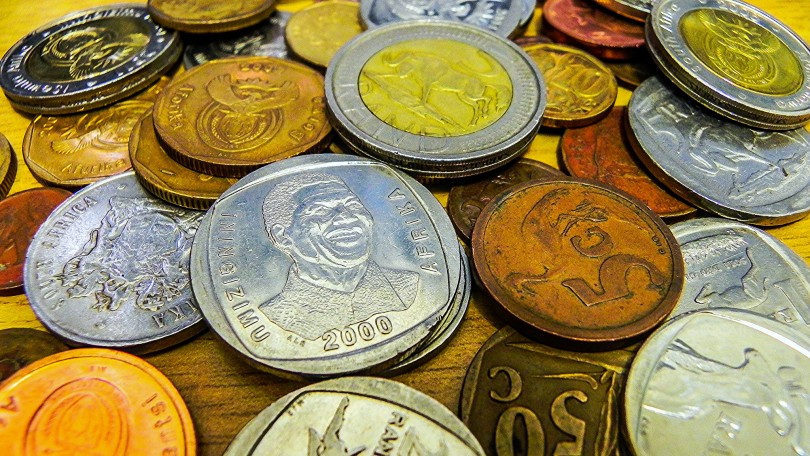Languages: Portuguese, French
Web We Want’s newsletter highlights one important topic every week and tells you what you need to know in 3 minutes or less.
What’s Going On?
Perhaps you take the Internet for granted, but over half of the world is not yet online. Even with more phones than ever before, the cost of Internet is a major obstacle. In Nigeria, the data needed to watch just 2 minutes of online video a day can cost more than sending a child to school for a month. So what is the answer?
To drive down prices, governments can invest in infrastructure (or strike partnerships); they can foster fair competition in the telecom sector; and they can lower taxes on computers and phones that are often prohibitively high. If they combine these measures with support for public Internet access points, and digital training for women and rural citizens, they can really start to boast about getting people online.
While there are many more challenges like poverty, illiteracy and unreliable electricity, the good news is that it’s possible to get most people in a country online if you can lower basic monthly data prices to around 2% of the average national income, shows a new report. The bad news is that at the current rate of change, only 16% of people in the world’s least developed countries will be connected by 2020 — and that’s the UN deadline for achieving universal Internet access in the Sustainable Development Goals.
Who’s Doing Something?
Can we get four billion people online in four years? The digital divide is felt by women especially. Take Back the Tech, World Pulse, Ghana KACE and the African Technology Foundation all run good initiatives to get more women and girls online.
For Internet access to translate to economic growth, you need both computers and phones since people need to create and share content in addition to consuming. Fed up with high prices for slow Internet, people in Mali rallied behind a #Mali100Mega campaign in 2015.
The World Wide Web Foundation’s Alliance for Affordable Internet (A4AI), the UN Broadband Commission for Sustainable Development, and the Internet Society all research global Internet conditions, offer policy advice, and keep score of which countries are doing best and worst.
A4AI ranks Colombia and Costa Rica the highest this year among developing countries that are working to make high speed Internet more affordable through good policy.
What Can I Do?
- Investigate your country’s ICT and broadband Internet policies. If there are public consultations, get involved. Speak up for women!
- Research about Internet is valuable to policymakers. Is anyone in your country working on this? Tweet their work to officials.
- Help get more people online. Explore possibilities (and funding) to create public or community WiFi networks where you live or work.
- Donate used computers and phones to people who can’t afford them. Learn to repair technology through the Restart Project community.
- Stay tuned for FAST Africa action week (May 2-8) and join our pan-African campaign for faster, more affordable Internet for all.



l’Afrique subsaharienne est la région où l’internet est moins performant plus cher et difficilement accessible. En Cote d’Ivoire la situation des internautes est encore plus dramatique car malgré l’existence de plusieurs opérateurs dans le secteur l’accès à l’internet pour la très grande majorité des consommateurs demeure problématique pour des raisons multiples : absence de couverture de certaines localités du pays par le réseau, mauvaise qualité du service,coût excessif etc.
Notre souhait en tant qu’organisation de défense des droits du consommateur est de trouver des solutions à cette problématique dans le cadre d’un partenariat.
Join the illuminati to be rich and famous WhatsApp or call +2348137089925 don’t fail to see the light
[…] German supermarket chain has been voted as the most affordable place to shop in, while Kmart also reels Australian customers in looking for a […]